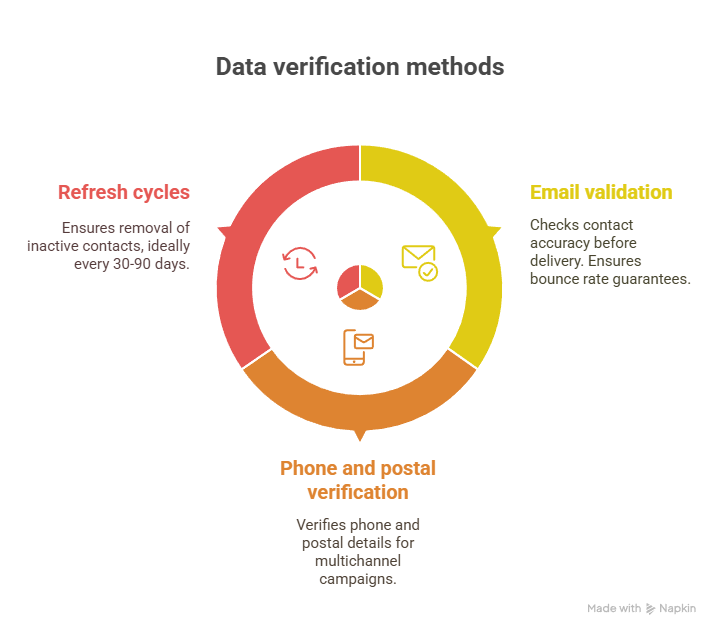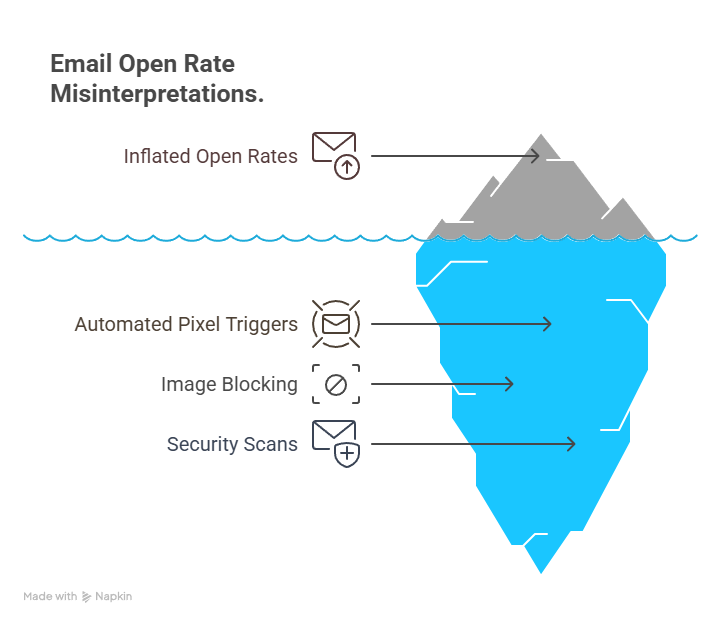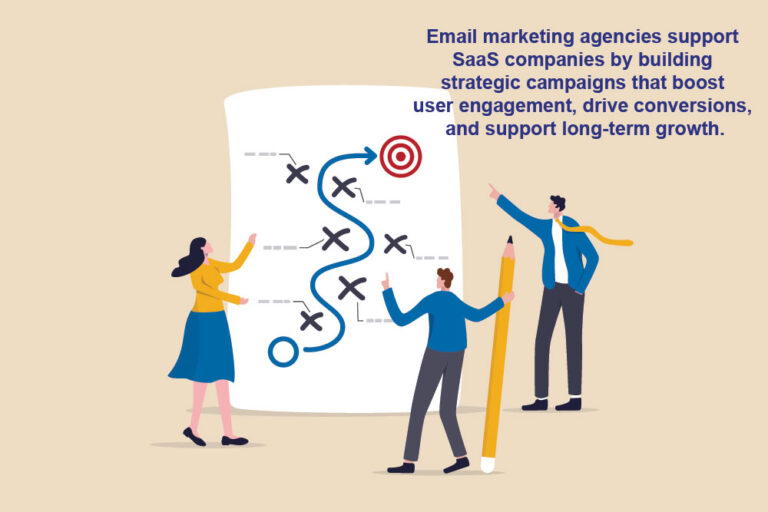
Data governance managers, database management consultants, data management supervisors – no matter what you call them, the people who handle your customer data are at the busy intersection where marketing art meets data science. Knowing what your database manager does for you helps your organization navigate this critical crossroad with ease.
Data Identification
With a thorough inventory of the data you already have, you’re able to build on what you already know and see where you need to learn more. Your database manager can identify your primary and secondary data sources, fill in essential contact information, and separate event-related data from attribute data. The more valid sources you have for your data, the more robust your completed database will be, so your marketing data team will include data from subscription forms, preference pages, POS information, customer histories, loyalty program enrollment, and other verifiable information streams as part of your data universe.
Data Hygiene
Data isn’t always perfect. Lead-entered data can have transposed letters or numbers, typographical errors, and missing information. Sometimes, duplicate records happen when a lead fills out one form as Bob Smith of ABC Incorporated and another as Robert Smith of ABC Inc. Data hygiene scrubs as many of these duplicate records from your system as possible while retaining high accuracy, merging records where needed and purging invalid information from the system. Data cleansing processes can be set up to be as sensitive or as broad as you and your data manager choose to make it, giving you greater control over your information.
Normalization
We don’t really think too much about the order in which we enter our city, state, and ZIP code into a form, but databases do. To function well, each piece of data has to be in a consistent format and refer to the same type of content. Normalizing data means establishing that consistency so your data is fully usable across all platforms from your prospect database to your CRM.
Verification
After your database manager has improved your data quality with hygiene and normalization processes, how do they check their work for accuracy? Data verification improves accuracy and ensures your information is as current as possible. By verifying data against well-established benchmark databases such as the U.S. Postal Service’s National Change of Address (NCOA) Registry, you make sure your message gets to its intended recipients.
Data Enhancement
Even with careful record-keeping and outstanding data hygiene practices, you may not be able to fill in all the blanks on customer records. Data enhancement gives you a new perspective on your prospects with more contact information, demographic details, firmographic data, and behavioral insights.
From database services such as merge/purge operations and standardization to data enhancement that gives you more complete lead knowledge, your marketing data management consultant is a key part of your team.
© Reach Marketing LLC 2016 All Rights Reserved.



